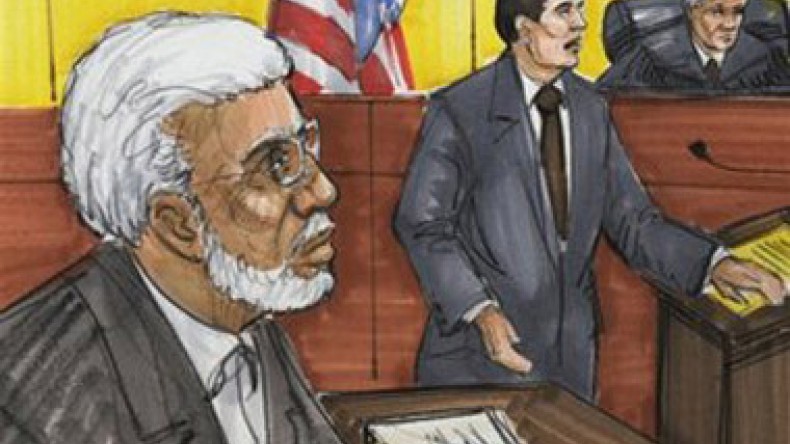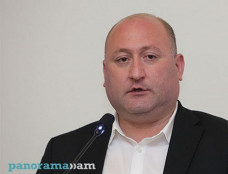
Chicago man gets 14 years for aiding Pakistani militant group
A federal judge sentenced a Pakistani-born Chicago businessman on Thursday to 14 years in prison for providing support to an Islamic militant group blamed for the deadly 2008 Mumbai attacks, Reuters reported.
Tahawwur Rana, 52, a former Pakistani Army doctor with Canadian citizenship, had also been found guilty in June 2011 of conspiring to attack a Danish newspaper, a plot hatched by the militant group that was never carried out.
Judge Harry Leinenweber said he received many letters from family members, friends and others testifying that Rana was an "intelligent man willing to provide assistance in a good way to many, many people."
"What is puzzling... is how this kind of person could get sucked into a dastardly plot," Leinenweber said at the sentencing hearing.
Rana had been found guilty of providing support to the militant group Lashkar-e-Taiba, blamed for orchestrating 2008 attacks in Mumbai that killed 166 people. He was not found to be complicit in the attacks.
In the trial, the key witness - Rana's childhood friend, David Headley - implicated Pakistan's intelligence agency, ISI, in the Mumbai attack.
Headley pleaded guilty to scouting targets for the Mumbai attackers sent by Lashkar-e-Taiba, which the U.S. State Department has designated a terrorist organization. Headley, an American with a Pakistani father, is due to be sentenced on January 24.
The plot to attack the Danish newspaper Jyllands-Posten was meant as retaliation for the paper's decision in 2005 to publish 12 cartoons by various artists, most of which depict the Prophet Mohammad. The conspirators discussed beheading employees of the paper.
Prosecutor Daniel Collins argued during the sentencing hearing that a harsh sentence was necessary because of the violent nature of the plot and that Rana was aware of what Lashkar represented.
"He knew they had blood on their hands and it didn't give him pause for a moment and he helped them," Collins said.
Rana's lawyer argued that the businessman had suffered a heart attack in prison and was in generally poor health, adding that he was unlikely to represent a danger to society.
"He is a good man and got sucked into something," Patrick Blegen said in court. "But there's no risk that he'll do it again, None."
Rana, who faced a maximum sentence of 30 years in prison, sat quietly throughout the hearing and declined to address the judge prior to sentencing. Rana's defense team plan to appeal his conviction and said they would discuss whether to appeal the sentence.
Newsfeed
Videos






























